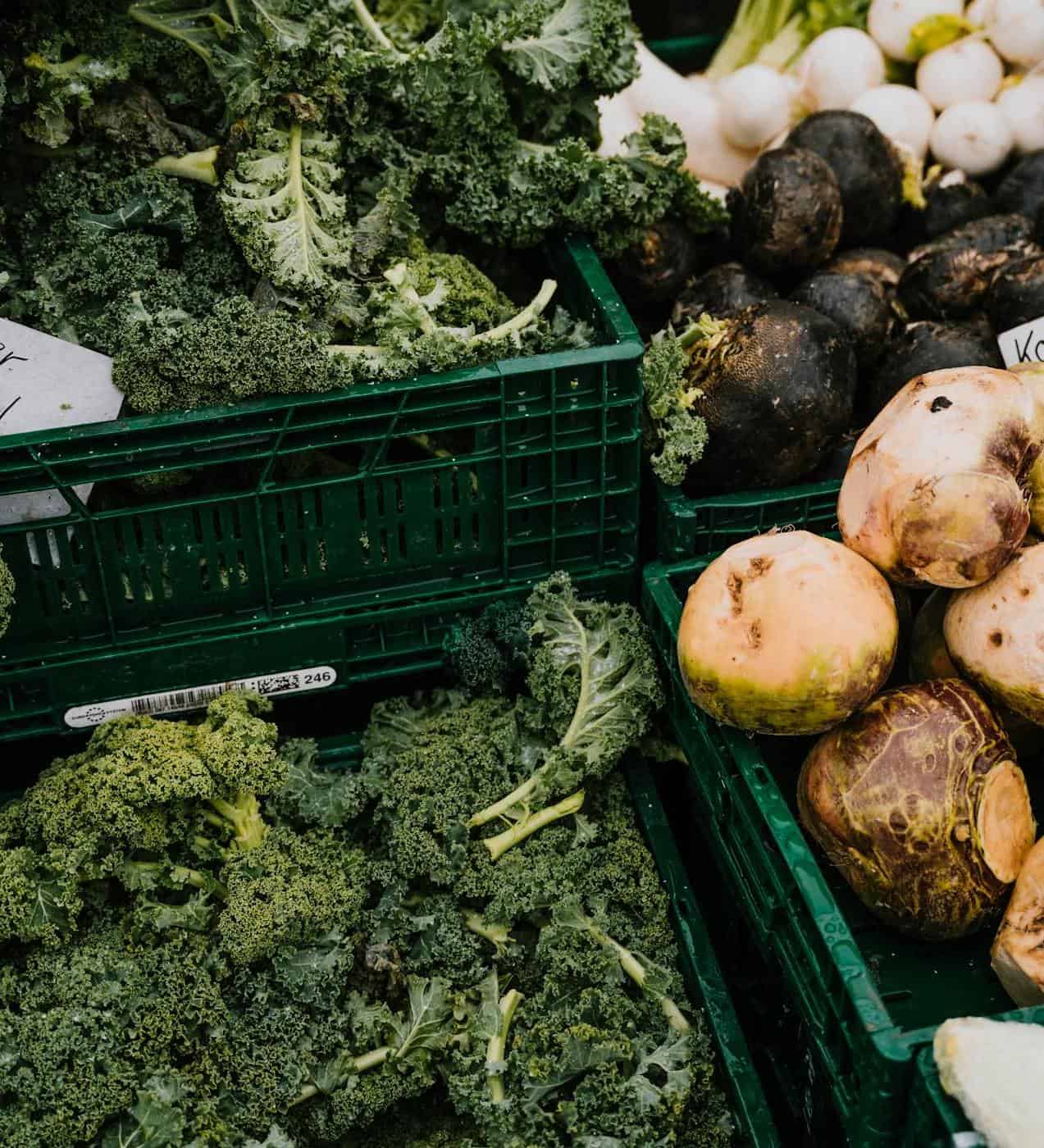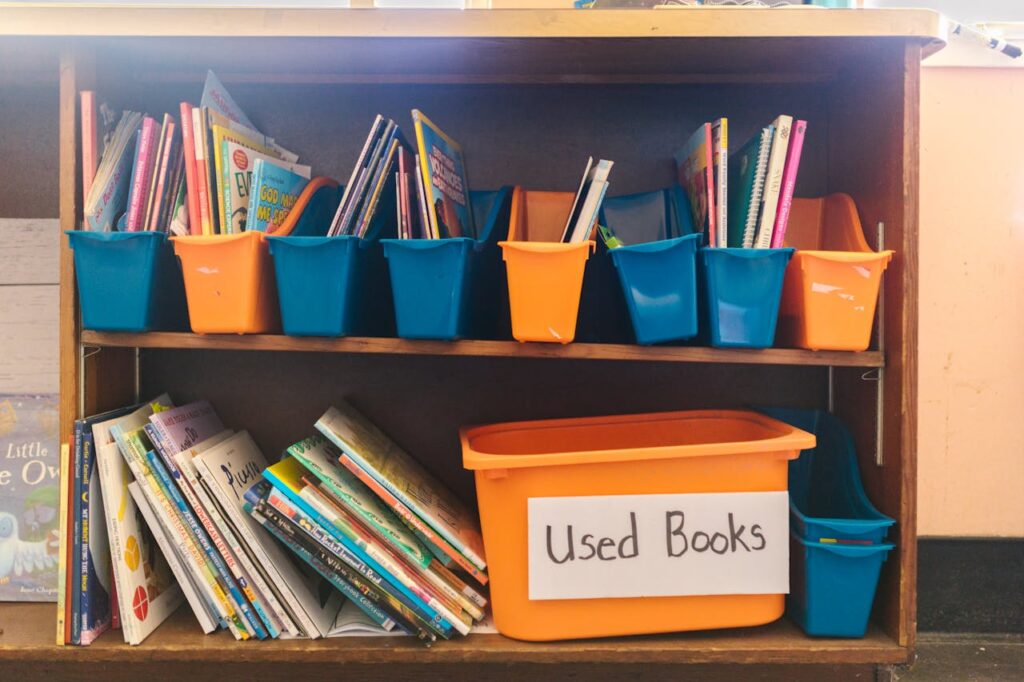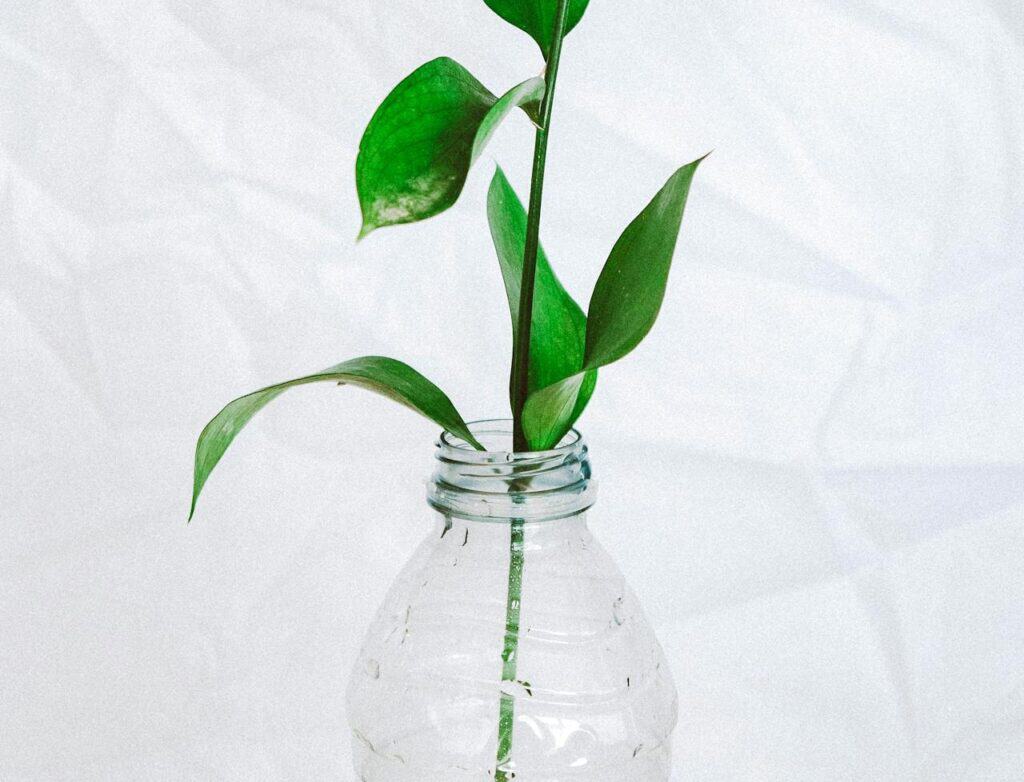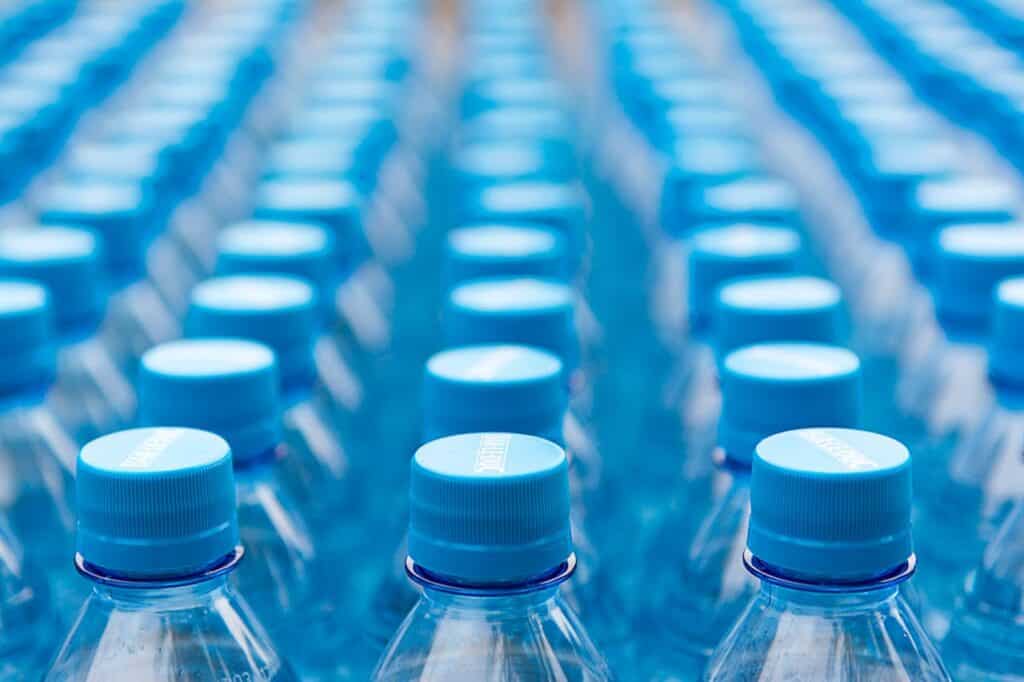Yes, polypropylene plastic is considered one of the safest plastics for food containers. This material is FDA-approved for food contact.
Why Is Polypropylene Considered Safe For Food?
Various reasons are contributing to polypropylene’s safety for food. These include:
BPA Free: Polypropylene does not contain Bisphenol A or other harmful additives often found in some plastics. This is why its toxicity is relatively lower than other plastics. BPA is an industrial chemical used in manufacturing plastic.
High Heat Tolerance: PP has a high heat tolerance, meaning it is unlikely to leach toxic chemicals when breaking down.
Thermal Resistance: With great thermal resistance, this plastic type is safe to use in the microwave and dishwasher.
Chemically Inert: Polypropylene is chemically inert to many substances. This includes some organic and inorganic chemicals.
What Food Containers Use Polypropylene?
Polypropylene is used in a range of plastic products for storing food and drink. This may include yoghurt tubs, butter tubs, storage containers, bottle caps and more. You can find out which plastic your product is made of by locating the plastic resin identification code; PP is number 5.
What Food Safe Plastics Are There?
Plastics commonly used for food storage include polypropylene, polystyrene, HDPE (high-density polyethylene), polyethylene terephthalate (particularly for drink bottles) and LDPE for items such as bread bags.
Why Do Some Plastics Pose A Risk To Human Health?
Many plastics are not BPA-Free. Found in polycarbonate plastics and epoxy resins, BPA can leach into food and beverages, especially when the plastic is heated.
BPA can interfere with the body’s hormone systems, potentially leading to various health issues such as reproductive disorders, heart disease, and developmental problems.
When some plastic types are exposed to heat (e.g., in a microwave or dishwasher), they can release harmful chemicals into food and beverages. Various additives used to enhance the properties of plastics can also pose health risks.
How Should I Dispose Of These Food Containers?
PP plastic is recyclable and can be disposed of safely using your designated recycling bins. If you are a business producing large quantities of polypropylene waste, its important to work with a professional recycling company to dispose of materials efficiently. With Plastic Expert, you can ensure waste is collected swiftly whilst being recycled into new products.








